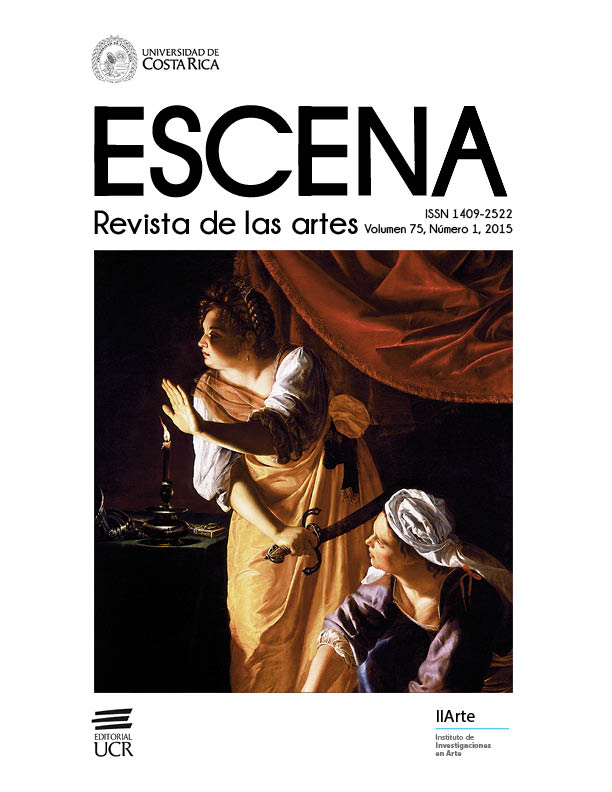Abstract
This article analyzes the resources that generate the particular linguistic humor in Pinter’s The Dumb Waiter and Mountain Language under holo-cultural theoretical premises of humor, as proposed by Alford and Alford. Insults, scatological references, misunderstandings, and the use of black humor are observed to conclude whether or not Pinter’s early and late work include them and if those resources become more universal.References
Alford, F. & Alford, R. (1981). A holo-cultural study of humor. Ethos, 9 (2), 149-164.
Guasp, J. (2006). El cuidador, los enanos, la colección, by Harold Pinter; el amante, escuela nocturna, sketches de revista by Harold Pinter. El ciervo, 55 (660), 42.
Hodge, F. (1987). Play Directing; Analysis, Communication, and Style. New Jersey: Prentice Hall.
Ilesanmi, O. (2009). What is Cross-cultural Research? International Journal of Psychological Studies,1(2), 82
Marvick, L. (2006). Brecht, Shakespeare, and the Dynamics of Black Humor.
Studia Neophilologica, 78 (1), 39-45. doi:10.1080/00393270500355668
Norrick, N. P., & Baker, W. (1995). Metalingual humor in Pinter’s early plays.
English Studies, 76 (3), 253.
Pinter, H. (1960). The Caretaker and the Dumb Waiter. New York: Grove Press.
Pinter, H. (2005). Mountain Language. Death, etc. New York: Grove Press.
Saltz, D. (1992). Radical Mimesis: The “Pinter Problem” Revisited. Comparative
Drama, 26 (3), 218-236.


